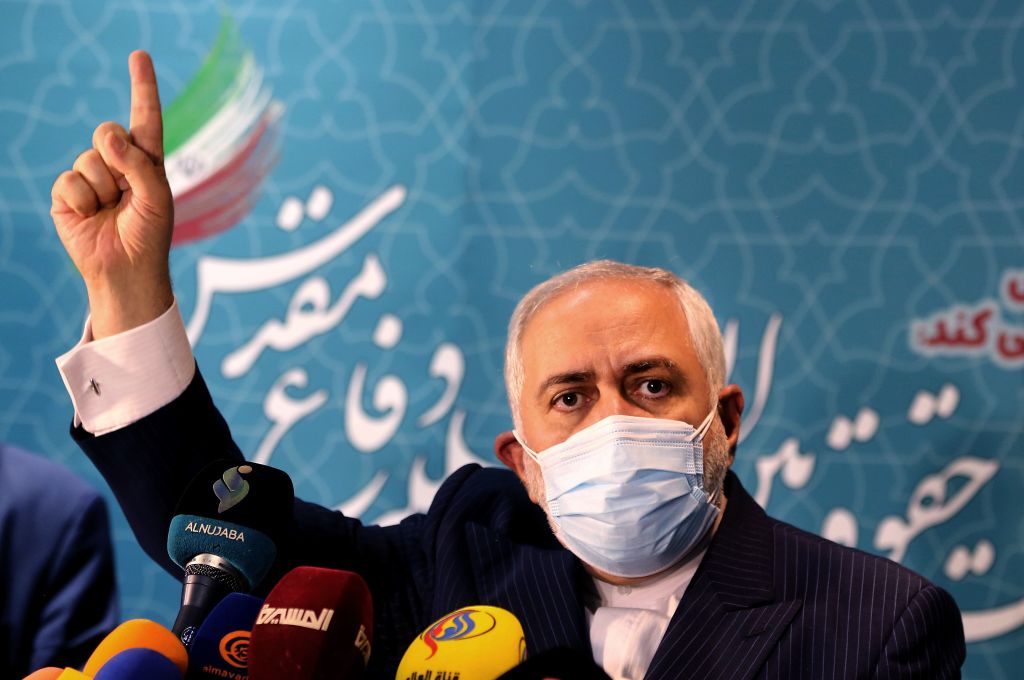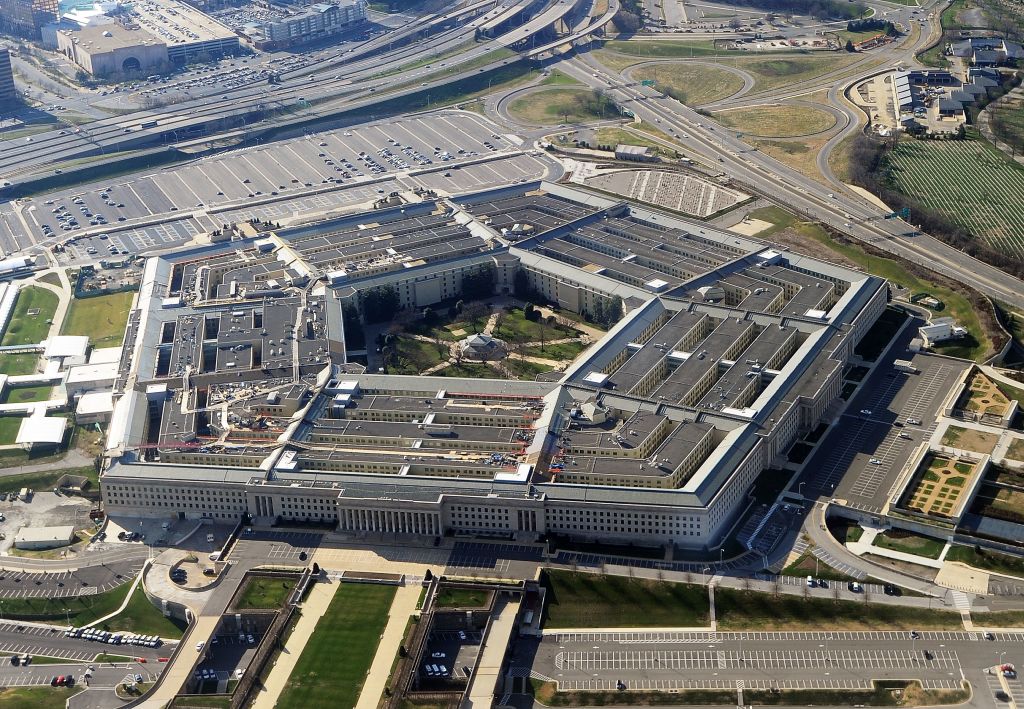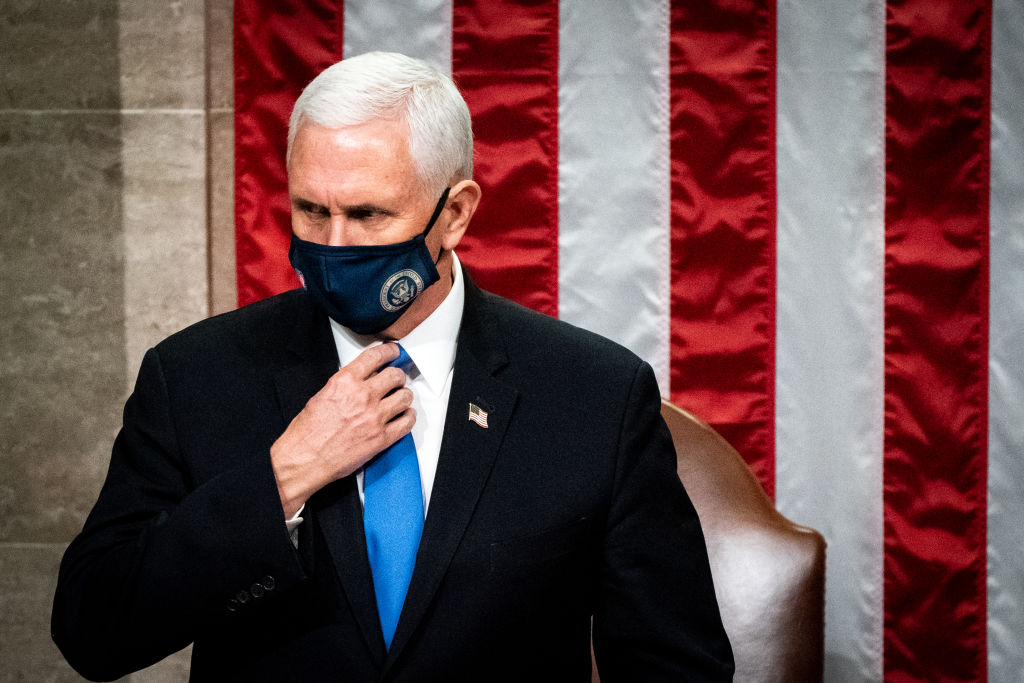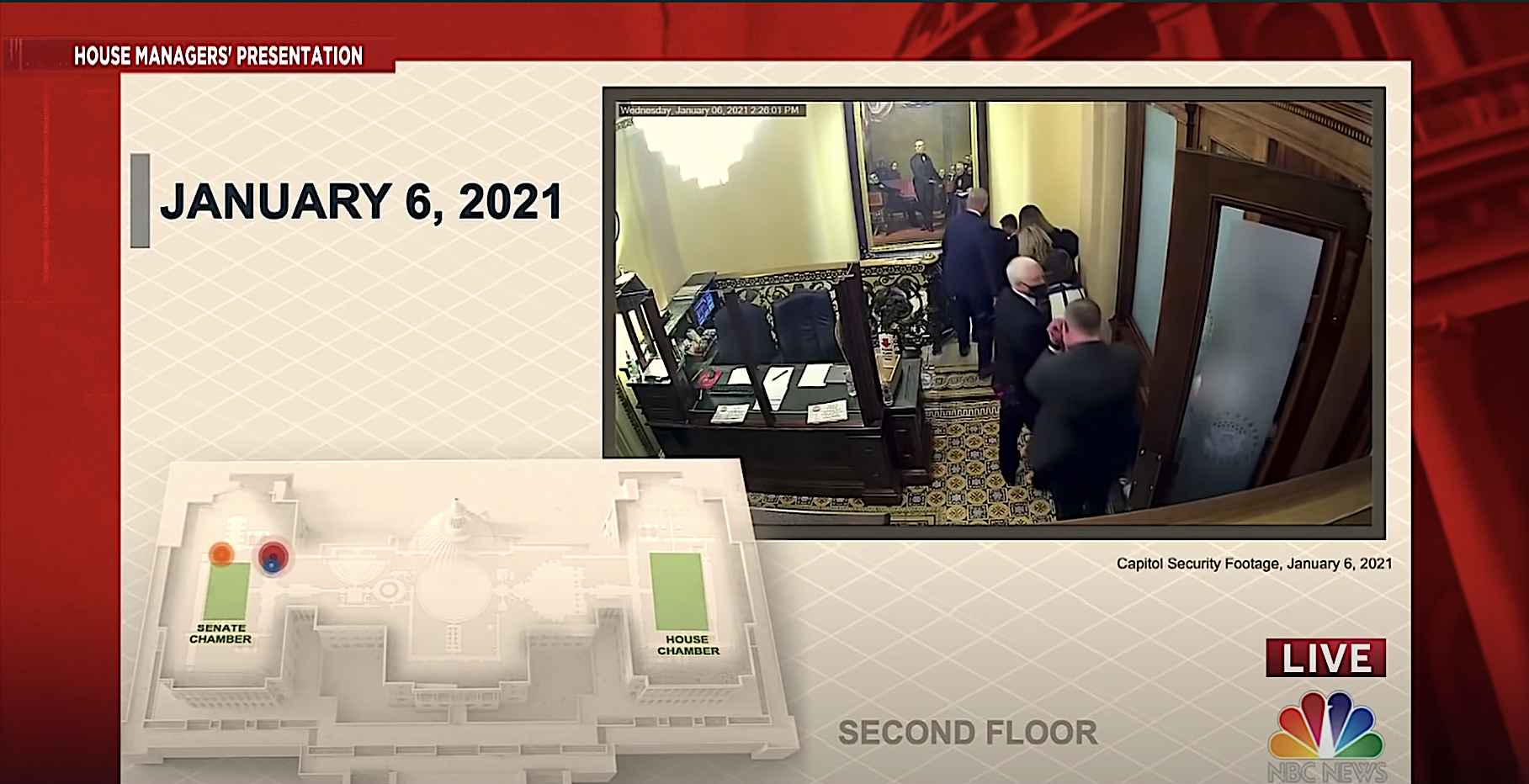Don't let Benjamin Netanyahu and his Republican allies dynamite a nuclear deal with Iran
Let's give diplomacy a chance — for once


A free daily email with the biggest news stories of the day – and the best features from TheWeek.com
You are now subscribed
Your newsletter sign-up was successful
The prospects for a long-term bargain with Iran are looking better than they have in quite some time. The rise of the Islamic State provided an unexpected boost, since it put Iran on the “same side” as the U.S. The fall in global oil prices hasn't hurt either, putting pressure on Iran to reach a rapport with the West. So last week, the possible outlines of a deal emerged, and they appear to be acceptable to both moderates in Tehran and the White House.
Predictably, a counter-offensive has been launched by various hawkish factions. Hard-liners in both Iran and the U.S. are trying to scuttle the deal, and so is Israeli President Benjamin Netanyahu, who is scheduled to give an address to a joint session of Congress with that objective.
It is critical that the hawks fail. This is a good opportunity to ease tensions with Iran, an event that is long overdue.
The Week
Escape your echo chamber. Get the facts behind the news, plus analysis from multiple perspectives.

Sign up for The Week's Free Newsletters
From our morning news briefing to a weekly Good News Newsletter, get the best of The Week delivered directly to your inbox.
From our morning news briefing to a weekly Good News Newsletter, get the best of The Week delivered directly to your inbox.
The hard-liner position in both countries is basically identical. “Our nation can never tolerate this!” shouted one Iranian MP recently, according to The Wall Street Journal. “It’s a big mistake to have any relationship with the U.S.,” said another.
If anything, American hawks are even more belligerent than their Iranian counterparts. Sen. Tom Cotton (R-Ark.), who previously suggested the U.S. should assist Israel in starting a war of aggression against Iran, denounced the prospect of virtually any bargain in a recent op-ed. In Cotton’s world, Iran is utterly evil, dedicated to nothing but murdering as many Americans as possible for no reason, with nukes if possible, and President Obama is bending over backward to give it whatever it wants.
As Daniel Larison notes, Cotton flagrantly misrepresents both the Iranian regime and what has been offered it. The martyr-state idea is especially ludicrous. If Iran were dead set on obtaining nuclear weapons, it could have done it decades ago. Neocons have been warning that Iran is mere months from nuclear capability since 1993 at least.
As North Korea shows, it’s fairly easy for even a very poor state to build nuclear weapons if it is fully dedicated to it. The reason Iran hasn’t is that it is likely using the threat of nuclear weapons capability to extract concessions, bolster its domestic support, and other reasons that have nothing to do with actually having a nuclear weapon, let alone using it. It is also probably wary of attracting the kind of heavy-duty sanctions that are pinching North Korea.
A free daily email with the biggest news stories of the day – and the best features from TheWeek.com
This brings me to Netanyahu’s planned speech, one of the strangest developments in recent diplomatic history. His objective is obvious: to try and blow up the Iran deal by invoking Washington’s typical bipartisan obeisance to whatever is called “pro-Israel.”
Contrary to Cotton's ranting, Iran is basically an ordinary, if authoritarian, state (though far less so than U.S. allies like Saudi Arabia). It’s long since time it was brought back into the international community. Robust inspections of its nuclear program swapped for a relaxation of crushing sanctions would be a good deal.
Indeed, the real danger to world peace is not Iran, but the likes of Netanyahu and Cotton, who are every bit as bloodthirsty as the most aggressive Iranian hard-liners.
Ironically, Netanyahu might be the one who inadvertently saves the deal. He did not inform President Obama of his speech beforehand, gravely offending the administration and leading even Fox News’ Chris Wallace to deem his scheming “wicked.” Democrats are reportedly furious that Netanyahu is injecting himself into U.S. domestic politics, and that Republicans have invited a foreign head of state to scuttle the president’s signature diplomatic effort. Democratic support, enough to stop a veto override, has given the president until at least March 24th to complete the negotiations.
But until then and beyond, it will be key to prevent Cotton (and his “moderate” allies, like the Washington Post editorial board) from successfully blowing up the negotiation process. Let's give diplomacy a chance, for once.
Ryan Cooper is a national correspondent at TheWeek.com. His work has appeared in the Washington Monthly, The New Republic, and the Washington Post.
-
 Political cartoons for February 21
Political cartoons for February 21Cartoons Saturday’s political cartoons include consequences, secrets, and more
-
 Crisis in Cuba: a ‘golden opportunity’ for Washington?
Crisis in Cuba: a ‘golden opportunity’ for Washington?Talking Point The Trump administration is applying the pressure, and with Latin America swinging to the right, Havana is becoming more ‘politically isolated’
-
 5 thoroughly redacted cartoons about Pam Bondi protecting predators
5 thoroughly redacted cartoons about Pam Bondi protecting predatorsCartoons Artists take on the real victim, types of protection, and more
-
 Bombing at girls' school in Kabul kills at least 50, including students
Bombing at girls' school in Kabul kills at least 50, including studentsSpeed Read
-
 Garland says DOJ is 'pouring its resources' into stopping domestic terrorists 'before they can attack'
Garland says DOJ is 'pouring its resources' into stopping domestic terrorists 'before they can attack'Speed Read
-
 Suspected Israeli cyberattack on Iranian nuclear site complicates U.S.-Iran nuclear deal talks
Suspected Israeli cyberattack on Iranian nuclear site complicates U.S.-Iran nuclear deal talksSpeed Read
-
 North Korea fires 2 ballistic missiles into sea
North Korea fires 2 ballistic missiles into seaSpeed Read
-
 U.S. airstrikes target Iranian-backed militia facilities in Syria
U.S. airstrikes target Iranian-backed militia facilities in SyriaSpeed Read
-
 Rochester police who killed Daniel Prude during mental health crisis won't face charges
Rochester police who killed Daniel Prude during mental health crisis won't face chargesSpeed Read
-
 Mike Pence's 'nuclear football' was also apparently at risk during the Capitol siege
Mike Pence's 'nuclear football' was also apparently at risk during the Capitol siegeSpeed Read
-
 Trump publicly attacked Pence during the Capitol riot knowing Pence was in trouble, GOP senator suggests
Trump publicly attacked Pence during the Capitol riot knowing Pence was in trouble, GOP senator suggestsSpeed Read
